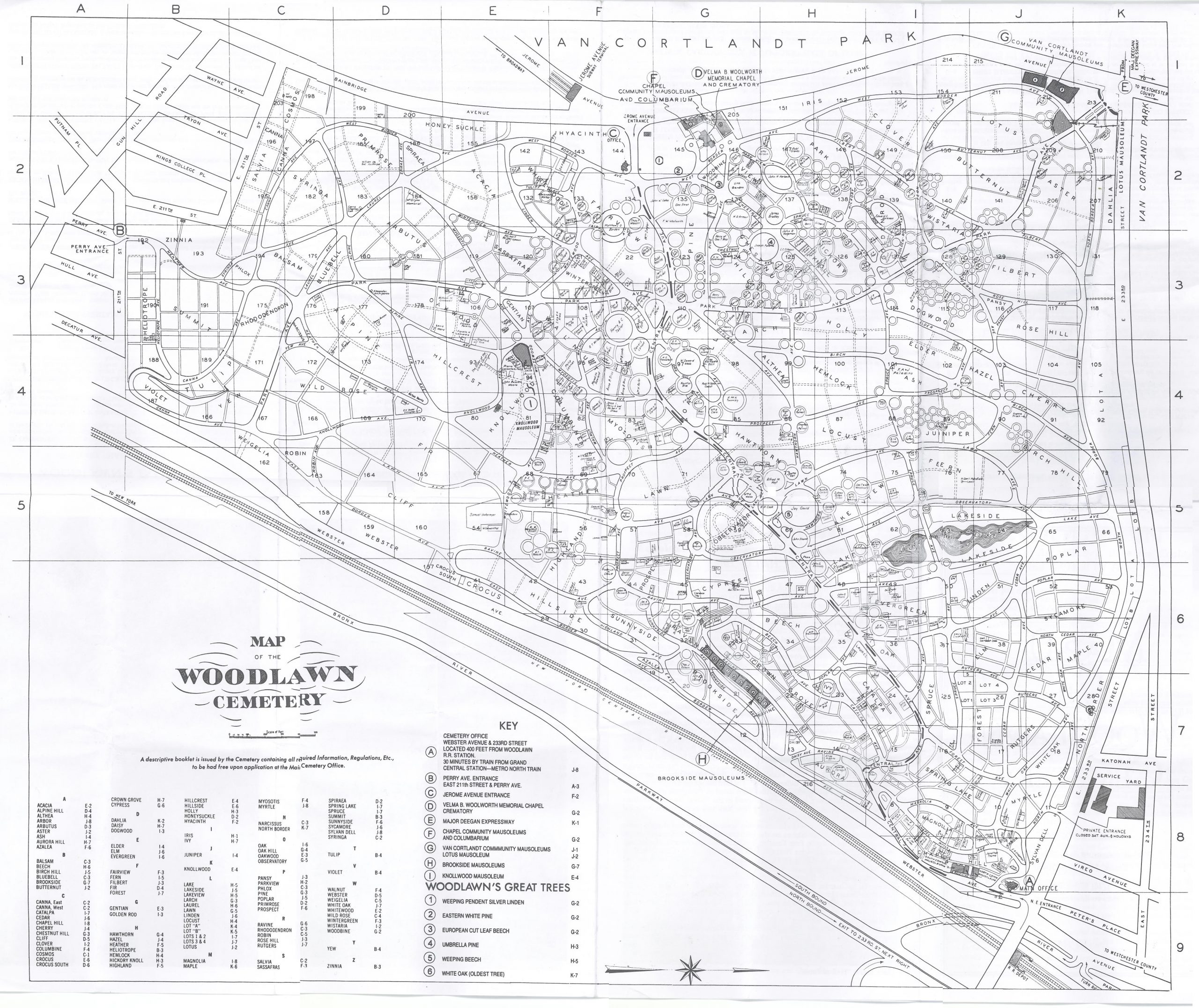King Oliver
A Very Sad Ending …
The end of Joe Oliver’s life was less than happy. His career-long dental problems, likely exacerbated by his habit of sipping sugar water “for energy” during performances, made it increasingly difficult to play the cornet. He lost his life savings in a bank collapse during the Great Depression, and spent the last years of his life touring with bands of increasing obscurity. Things only got worse when Oliver finally landed a long-term contract playing in New York’s Kentucky Club for pretty decent money, but made another bad decision when he passed up the chance to go to the newer Cotton Club because they paid less. Oliver unfortunately failed to take the powerful “Struggle Buggy Radio” broadcasts into account, something that Ellington, and his manager Irving Mills, did not overlook. The result was that Ellington’s fame grew while Oliver’s diminished. Later he was hired by the Savoy Ballroom before Chick Webb took up residence, but was unsatisfied with the pay. He tried to wangle more money out of management, but the end result was that he lost the job. Webb moved in as Oliver finally just gave up and moved back to Savannah, Georgia.
In Savannah Oliver was working in a pool hall trying to make enough money to buy an overcoat so he can get back to New York in the wintertime. But he never makes it. He dies, and there’s no money to bury him. Fortunately Louis Armstrong comes up with enough money to bury him at Woodlawn Cemetery in New York City, and he was pretty much forgotten until the hot jazz resurgence some 50 years after his passing.
Cemetery Information:
Final Resting Place:
Woodlawn Cemetery
4199 Webster Avenue
Bronx, New York, 10470
USA
North America
Map:

Grave Location:
Salvia Plot, Section 195, Range 16Grave Location Description
Drive to the lower part of the cemetery (C-2 on the official cemetery map) and take Canna Avenue around until it turns into Heliotrope Avenue. Park and walk to the edge of the cemetery. King Oliver is buried in a shared grave and 2nd to the left of one of the large trees across from a red brick building on the other side of the fence.





